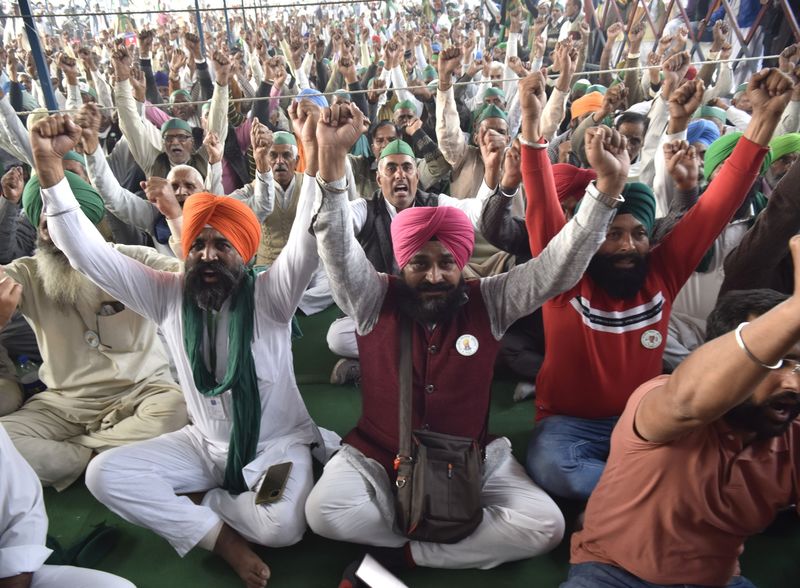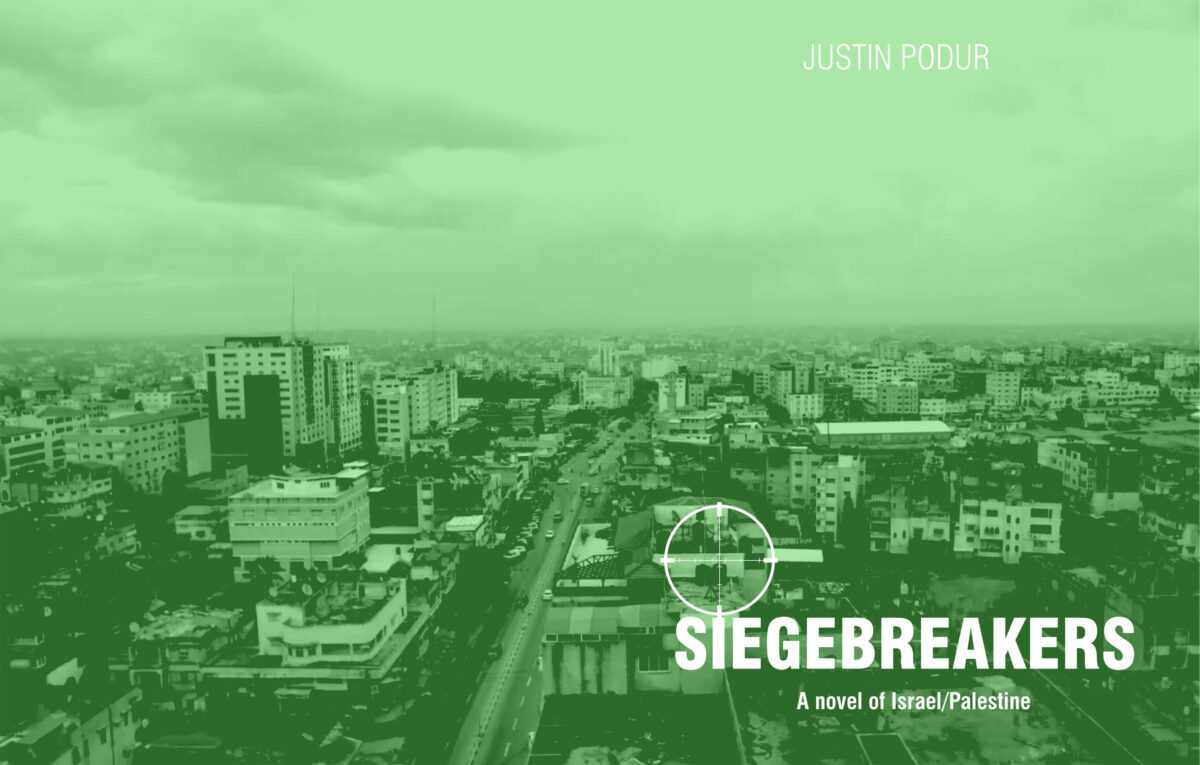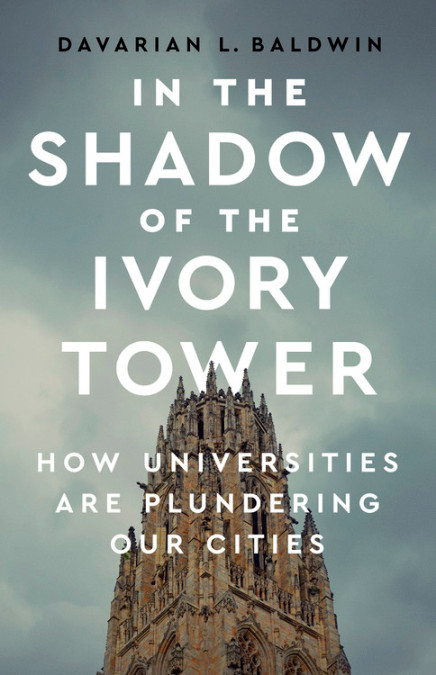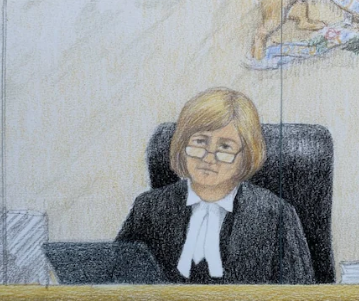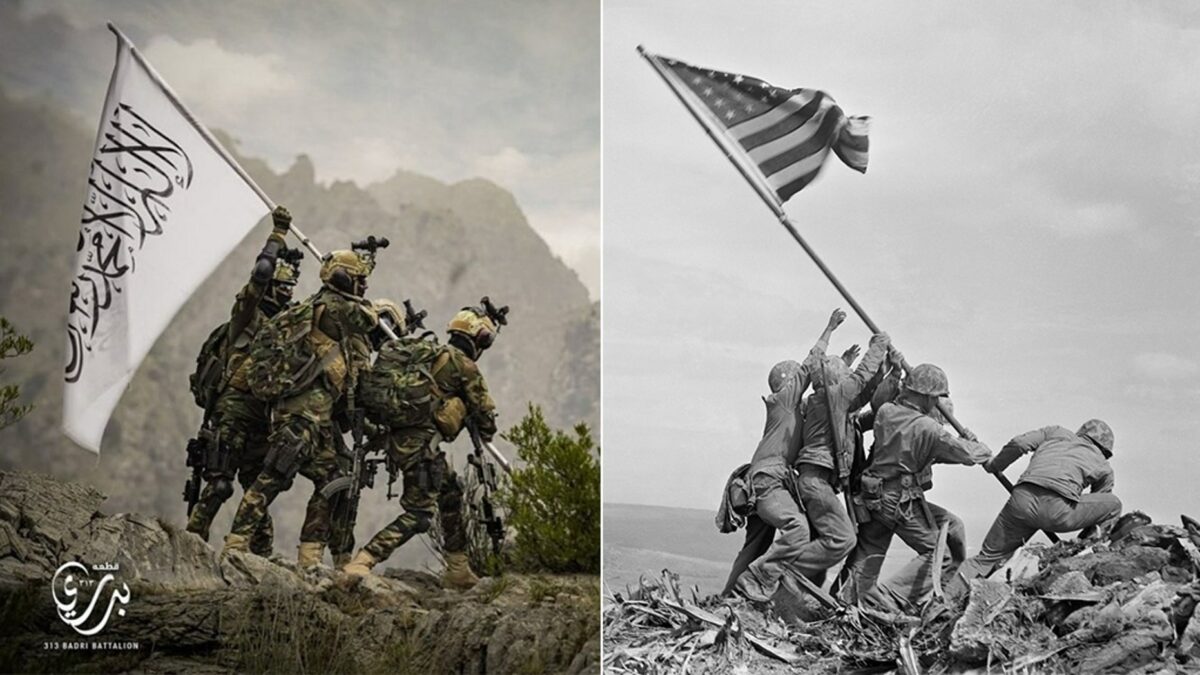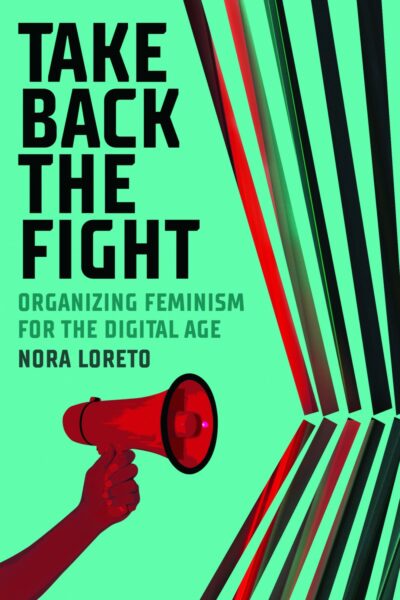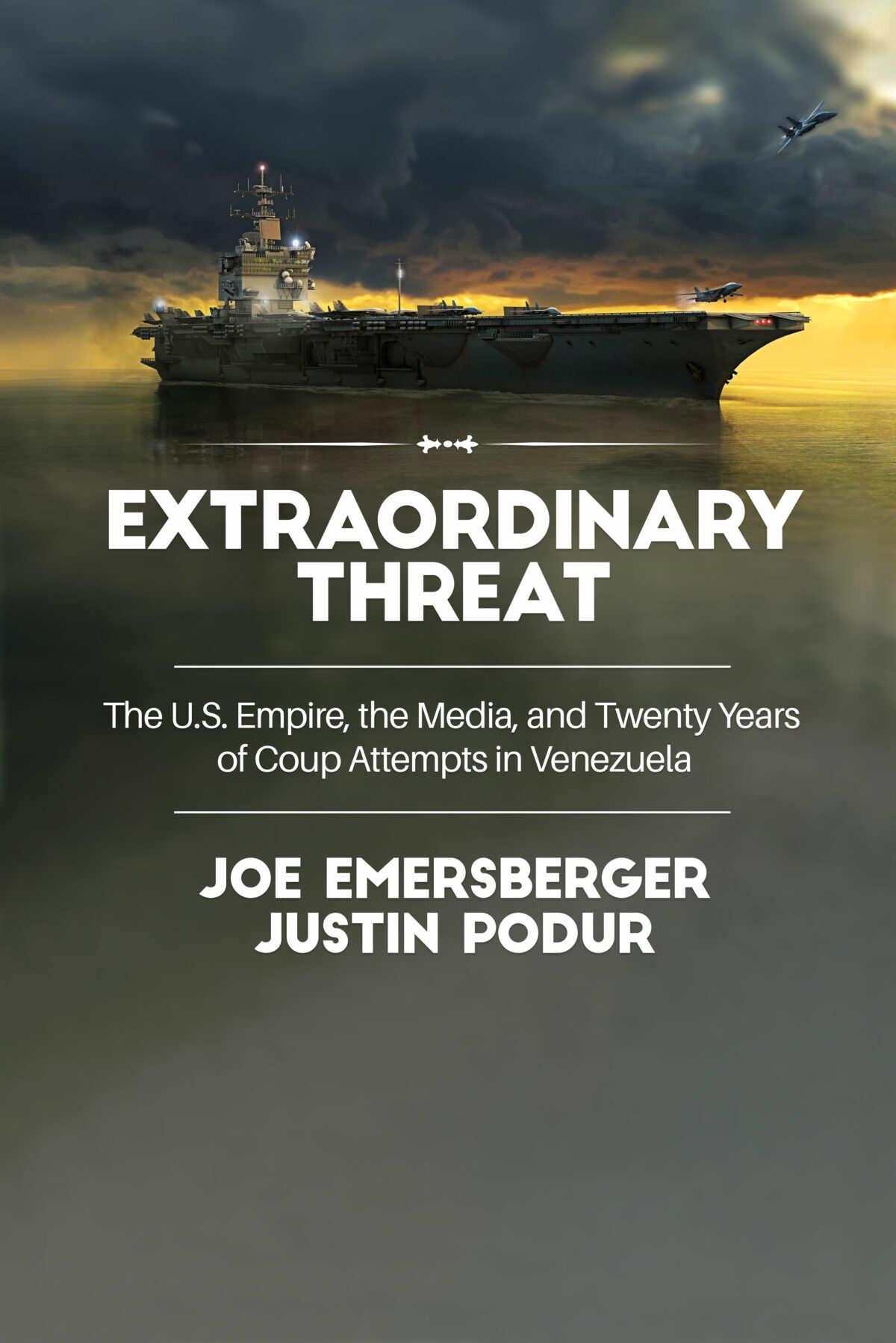Sooner or later every anti-imperialist is smeared as a “tankie” and this week was Vijay’s turn. First his views were falsified, then he used the word “modernization” in a tweet! So, in this interview, we take a deep dive into debates about “modernization”. Repudiating liberal and colonizer’s attacks on Indigenous societies (which they falsely claim to do in the name of modernization), we talk about nationalist and anticolonial projects that challenge local oppression and feudalism. Are these “modernization”? We conclude with a discussion of the whole strategy of smearing people as “tankies” and why these articles seem to come out every few months (hint: it’s to drive anti-imperialists out of the western left…)
Tag: Anti-Empire Radio
AEP 100: Debriefing the Indian Farmers’ Victory with Navyug Gill
I’m joined by Navyug Gill from William Paterson University to talk about the historic victory of the Indian Farmers who, after demonstrating for a whole year at the cost of 750 lives, succeeded in forcing the repeal of three laws that would have immiserated agriculture in India, done away with the government procurement system, and subjected the entire agricultural system to new levels of instability and volatility. Instead, the farmers stopped the seemingly unstoppable Modi juggernaut. We talk about how they did it and what might come next.
AEP 99: The Meng Wanzhou Victory Lap
I am back with journalist and activist KJ Noh, retired SF Judge Julie Tang, and activist/writer Dan Freeman-Maloy. Meng Wanzhou is free and back in China! We painted a pretty pessimistic picture for you in AEP 95 before the ruling, then poof! The Canadian election happened and Meng was on a plane back to China! Dan goes over some Canadian history of anti-Chinese racism; Julie helps us go over the Deferred Prosecution Agreement and what it means; KJ helps us assess whether this was a victory or a defeat. We conclude with some of Meng’s own words, and some ruminations on the future of Huawei, of HSBC, and of the “American Trap”.
AEP 98: On the Canada Files, with Aidan Jonah
I’m joined by Aidan Jonah, editor of the new media outlet The Canada Files, which has an anti-imperialist point of view and an investigative journalism methodology. We talk about some of the Canada Files’s recent investigations, about the relative paucity of anti-imperialist perspectives on Canada (with noble exceptions of course), and about the ambitions plans for the Canada Files’s future.
AEP 97: Special Siegebreakers Spoiler
In this special short episode, the whole plot summary of Siegebreakers, a pro-Palestine thriller novel that imagines how the Palestinians will eventually break the siege on Gaza, is SPOILED. If you don’t like spoilers, you should skip this one. If you’re the type who needs to know what happens in a book or movie before committing yourself to watching / reading, well this 12 minutes will help you decide. Also, there’s a book discussion on September 18th that will be hosted by the Marxist Education Project (discussion continues on the 23rd as well). So there’s the announcement, discount codes for the book, and the full spoiler in this short episode. Back to regular programming in the next.
AEP 96: Universities are Plundering Cities, with Davarian Baldwin
I’m joined by Davarian Baldwin, who is Paul E. Raether Distinguished Professor of American Studies at Trinity College, to talk about his new book In the Shadow of the Ivory Tower: How Universities are Plundering Our Cities. Davarian’s book helped a lot of ideas about the university and where it’s been headed click in my mind, and I think our discussion will be of interest to people who work at or around universities or are affected by these institutions in some way. Understanding the agendas at play and the divergence between ideals and reality is increasingly important in universities as it is elsewhere.
AEP 95: Waiting for Heather Holmes’s judgment in the Meng Wanzhou case
Journalist KJ Noh and retired SF Superior Court judge Julie Tang join me to talk about the Meng Wanzhou case, in which Canada has kidnapped a Chinese executive at US request in 2018. As we await judgement which may come in October or November after the September Federal Election, British Columbia judge Heather Holmes has pondered the nature of a fraud case with no harm and where the alleged fraud “victim” (in this case the British bank HSBC) had the facts that were allegedly withheld. I’ve covered this case for a while and understanding it requires knowledge of the law, of extradition, of US unilateral sanctions on Iran, the US tech war with China, Britain’s colonial history with China, and quite a bit else. We try to find you a way through it all in this episode (but you might want to go back and listen to the earlier series too). Having done the wrong thing for so long, is there any hope Canada would do the right thing now? Ultimately, we are advocating here to Free Meng Wanzhou!
AEP 94: Taliban Takes Over
Joe Emersberger and I discuss some questions about Afghanistan after the Taliban take over the country and the US leaves. Was this really a defeat or a controlled handover for the US? What is Pakistan’s role? China’s? What is with the mystique around the late Ahmad Shah Massoud, whose UK-trained son is now claiming to lead the #Resistance? And a few other questions.
AEP 93: Take Back the Fight with Nora Loreto
I talk to Nora Loreto – podcaster, journalist, and author of Take Back the Fight: Organizing Feminism for the Digital Age and Spin Doctors: How Media and Politicians Misdiagnosed the COVID-19 Epidemic. We talk about Nora’s journalism on COVID-19, about anti-feminist backlashes of various kinds, about contemporary feminism and the continuing relevance of organizing in the movement, and more.
AEP 92: Q/A on Extraordinary Threat, our new book on Venezuela
Joe and I answer some questions listeners sent in about our new book about Venezuela, Extraordinary Threat, from Monthly Review. Questions include: Was Venezuela “once-prosperous” before Chavez? Has Maduro been true to Chavez’s vision? What’s the COVID vaccination situation? Can we comment on Hong Kong? What is the internal social base of US imperialism in Venezuela? Can all the problems of Venezuela be placed at the feet of US imperialism? And more.

